calsfoundation@cals.org
Center Point (Howard County)
Center Point was the first county seat of Howard County, serving in that capacity from 1873 until 1905. Although it is near the geographical center of the county, it received its name when the post office was established in 1849 because the crossroads at that location served as the central point of trade in southwestern Arkansas west of Washington (Hempstead County). Center Point in the twenty-first century is a small unincorporated community at the intersection of U.S. Highway 278 (formerly State Highway 4) and State Highway 26.
Around 1818, Robert Messer, with his wife and two daughters, traveled by river to Fulton (Hempstead County) and then by land into the forested wilderness of southwestern Arkansas. Messer built a log cabin near a spring at the present location of Center Point. Benjamin Robinson joined the Messer family, marrying Messer’s daughter. John Russey arrived around 1841, and by 1843 he had begun purchasing land patents in the area from the U.S. government. John Propps was the other significant landowner in the region before the Civil War. Center Point was first incorporated in 1859, although it lost incorporation during the Civil War. At the time, it was in Sevier County. Before the war, Center Point had a general store, a drugstore, a Masonic lodge, a Methodist church, a Methodist campground (Ebenezer Campground, which was added to the National Register of Historic Places), a millinery, a leather shop, and a saloon.
Lawlessness in the region during the war—while most of the young men were fighting elsewhere for the Confederacy—continued into the first years of Reconstruction. Martial law was declared in Sevier County, but conflict still flared between Confederate sympathizers and Union supporters, including African Americans and white landholders from the Ouachita Mountains. Ten companies of the state militia seized weapons and supplies from the store in Center Point on November 14, 1868. Resistance from some citizens led to three deaths, twelve injuries, and sixty arrests. Most of the white citizens of Center Point fled the city, leaving it to the army and the African-American citizens, some of whom claimed movable property such as clothing for themselves. The first hotel in Center Point was built in 1869.
Eventually, the violence was subdued. Howard County was formed in 1873, and Center Point was made its first county seat. The city reincorporated in 1879. A former hotel was converted to the county courthouse, and the city prospered, with fifteen attorneys, five physicians, five or six hotels, two newspapers, the Masonic lodge, the Methodist church, a Disciples of Christ church (founded during the Civil War), a Church of Christ (founded in 1873), a Baptist church (founded in 1886), a Cumberland Presbyterian church (founded in 1886), and a male and female academy. A Methodist church for African Americans opened south of Center Point shortly after the war, joined by a black Church of Christ congregation in 1892. Dunbar High School was established by the black Methodist church in 1885, and a two-story school building for African Americans was erected early in the twentieth century.
Even though Center Point had been a legal and business center for the region during most of the nineteenth century, railroad construction avoided the county seat in favor of Nashville (Howard County), whose citizens began to lobby for relocation of the county government. A fire in 1901 devastated downtown Center Point, destroying nine businesses and eight homes. Proponents of Nashville narrowly won a county-wide election on October 7, 1904, and the county records were moved to Nashville the next year.
A public school district was established in Center Point in 1911. Rural school districts were consolidated into the Center Point School District in the 1930s and 1940s, but in 1949 the Center Point School District was consolidated into the Nashville School District, which used the elementary school building in Center Point for classes until 1953. A Rosenwald school was built for African Americans in the early 1930s, but it burned down in 1943. By 1950, the black high school was consolidated with Childress High School of Nashville. Meanwhile, the former courthouse in Center Point was torn down in 1945 so that a store and café could be built on the site. A tornado destroyed the Methodist church in 1968, but the congregation rebuilt the church the following year. Two fires in 1972 destroyed the last historic businesses in downtown Center Point.
Hoping to preserve the history and heritage of Center Point, preservationists managed to place three houses on the National Register of Historic Places, as well as Ebenezer Campground. All three houses were removed from the register in September 2011, having been razed by that time. Incorporation of the city had lapsed by 1970. The post office closed in January 1972. In 1973, there were still two grocery stores, a washateria (laundromat), a restaurant and bake shop, two garages, and five churches in Center Point. By 2016, only a few houses, a service station and convenience store, and a hair salon remained.
Eurith D. Rivers, who was elected the governor of Georgia in 1936, was born in Center Point in 1895.
For additional information:
Howard County Heritage Club. The History of Howard County, Arkansas. Nashville, AR: Nashville News, 1973.
Howard County Heritage Club. Howard County Heritage. Dallas, TX: Taylor Publishing Company, 1988.
Steven Teske
Butler Center for Arkansas Studies
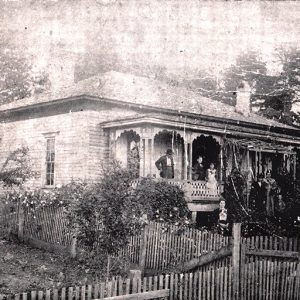 Barton House
Barton House 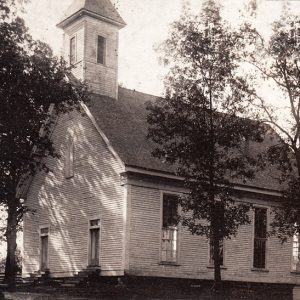 Center Point Methodist Church
Center Point Methodist Church 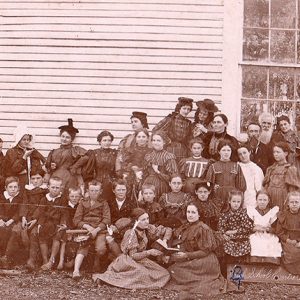 Center Point School
Center Point School 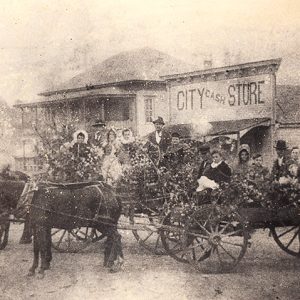 Center Point Street Scene
Center Point Street Scene 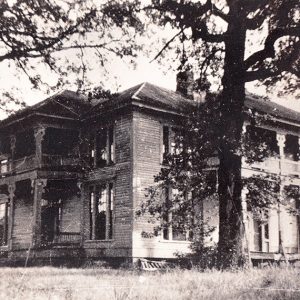 Clardy-Lee House
Clardy-Lee House 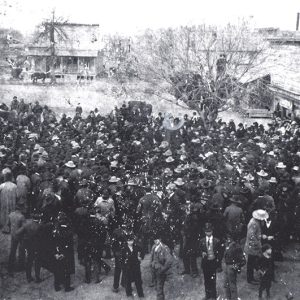 Jeff Davis Campaign
Jeff Davis Campaign 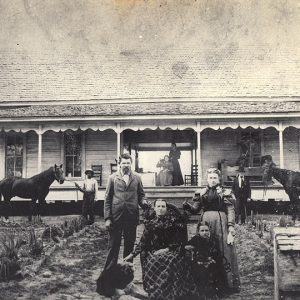 Dog-Trot House
Dog-Trot House 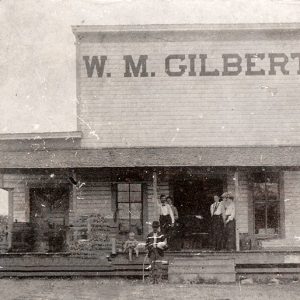 Gilbert Store
Gilbert Store 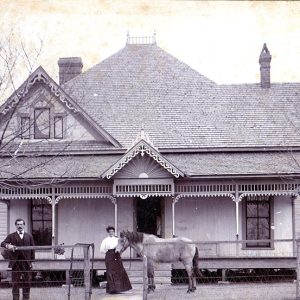 Hester House
Hester House 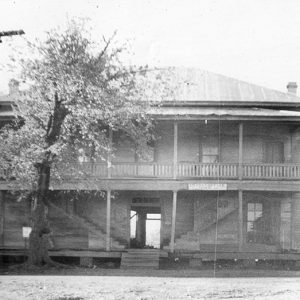 Howard County Courthouse
Howard County Courthouse 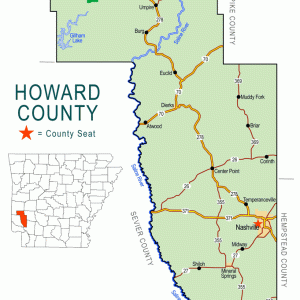 Howard County Map
Howard County Map 




Comments
No comments on this entry yet.